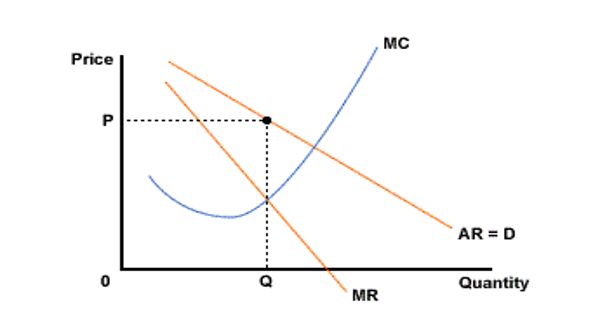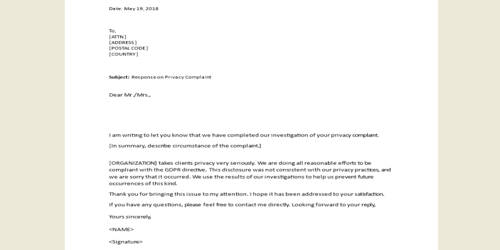Land Value Taxation is a method of raising public revenue by means of an annual charge on the rental value of the land. A location value tax (LVT), also called a site valuation tax, split rate tax, or site-value rating is an ad valorem levy on the unimproved value of the land. It is a more predictable way to tax property based solely on the value of a parcel of land and not any associated buildings. Unlike property taxes, it disregards the value of buildings, personal property and other improvements to real estate. It is a tax that is assessed on the value of a piece of land, rather than the value of the buildings that sit on it. A land value tax is generally favored by economists as (unlike other taxes) it does not cause economic inefficiency, and it tends to reduce inequality. The concept of a land value tax dates back to the beginning of agrarian societies when deciding how to tax landowners fairly for the benefit of the larger community was a common social goal.
Land value tax has been referred to as “the perfect tax” and the economic efficiency of a land value tax has been known since the eighteenth century. LTV is considered to be a more fair method of land taxation for agricultural regions where the land is productive. Most people these days have never heard of the idea of an LVT, but the idea that it is a perfect tax has been around for centuries. Many economists since Adam Smith and David Ricardo have advocated this tax, but it is most famously associated with Henry George, who argued that because the supply of land is fixed and its location value is created by communities and public works, the economic rent of land is the most logical source of public revenue. These taxes are examples of ad valorem taxation and are favored by some economists since land value tends to be more stable than that of houses or other buildings.
A land value tax is a progressive tax, in that the tax burden falls on titleholders in proportion to the value of locations, the ownership of which is highly correlated with overall wealth and income. LVT is intended to fairly value land, which is a finite asset with a base value that does not change as dramatically as the structures built upon the land. Land value taxation is currently implemented throughout Denmark, Estonia, Lithuania, Russia, Singapore, and Taiwan; it has also been applied to smaller extents in subregions of Australia, Mexico (Mexicali), and the United States (e.g., Pennsylvania). Its efficiency and productivity-enhancing effects would be such that all other taxes could and should be done away with. Under a land tax, you are effectively taxed on the value of your location, which is mostly a result of what is nearby.















